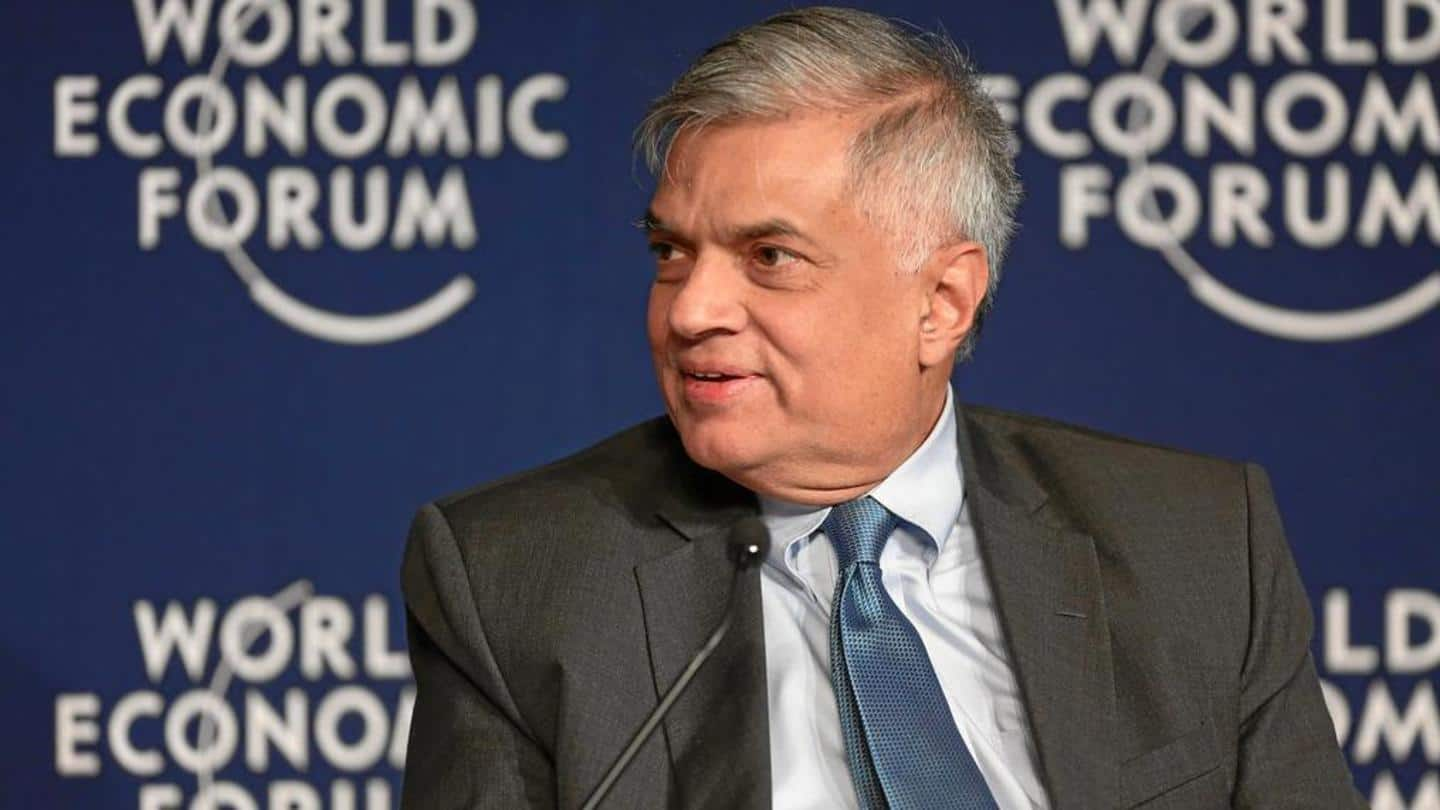
Who is Ranil Wickremesinghe, Sri Lanka's new PM amid crisis?
What's the story
Ranil Wickremesinghe, the leader of Sri Lanka's United National Party (UNP), was sworn in as the country's 26th prime minister on Thursday, succeeding Mahinda Rajapaksa, who resigned on Monday amid protests over the island nation's current economic crisis. Notably, 73-year-old Wickremesinghe—who previously served as the PM five times since 1993—was chosen as part of a bid to end Sri Lanka's political and economic setback.
Context
Why does this story matter?
Sri Lankan Parliament choose Wickremesinghe, a seasoned politician with good ties with India, as the PM to bail the country out of its worst economic crisis ever. As the new PM is widely accepted in political circles, the people of the island country hope he will be the man, who would repair the economy with far-sighted policies and international cooperation in times to come.
Statement
Wickremesinghe, a pro-Western free-market reformer
Confirming Wickremesinghe's sixth term as the prime minister, Vajira Abeywardena, a UNP member, said, "He's being sworn in as prime minister because several Members of Parliament have asked him to take over and solve the country's problems." Notably, he is seen as a pro-Western free-market reformer, which could help smooth bailout talks with the International Monetary Fund (IMF) and others.
Profile
Profile of Sri Lanka's new PM Ranil Wickremesinghe
Wickremesinghe, a lawyer by profession, was first elected to Sri Lanka's Parliament in 1977. His uncle, Junius Jayewardene, was the president of Sri Lanka for over a decade. The veteran leader, who has been an MP for 45 years, reportedly once stated if his family's newspaper business hadn't been nationalized by the government in 1973, he would have undertaken a career as a journalist.
Journey
Wickremesinghe became PM for first time in 1993
Wickremesinghe was appointed the prime minister for the first time in 1993, following the assassination of the then-president Ranasinghe Premadasa in a bomb attack by the Liberation Tigers of Tamil Eelam (LTTE). His first term lasted for about a year. Since 1994, he has served as the leader of the United National Party and is currently his party's sole representative in Sri Lanka's Parliament.
Career
He returned to power in 2001 for his sound economics
Wickremesinghe served as a minister in several governments during the 1990s. After bringing the nation out of recession, he returned to power in 2001 and was lauded for his sound economic management. But a disagreement with the then-president Chandrika Kumaratunga led to his dismissal in 2004 much before the end of his tenure. However, he is regarded as a survivor in Sri Lankan politics.
Sri Lanka
His PM tenure in 2015 tainted his 'Mr. Clean' image
After Mahinda Rajapaksa's 2015 presidential election defeat, the Opposition supported Wickremesinghe as a unity candidate, and he was sworn in as the PM once more. However, his "Mr. Clean" image was tainted after a scam involving central bank bonds surfaced. During his last two tenures, Wickremesinghe was accused of cronyism for failing to penalize members of precedingRajapaksa regime who were involved in corruption.
Rajapakse-Wickremesinghe
Mahinda Rajapaksa replaced him as PM in 2018
In 2018, the then-president Sirisena fired Wickremesinghe and appointed Mahinda Rajapaksa as Prime Minister, leading the country into a constitutional crisis. Wickremesinghe was reportedly in a difficult power-sharing arrangement with Sirisena at the time.